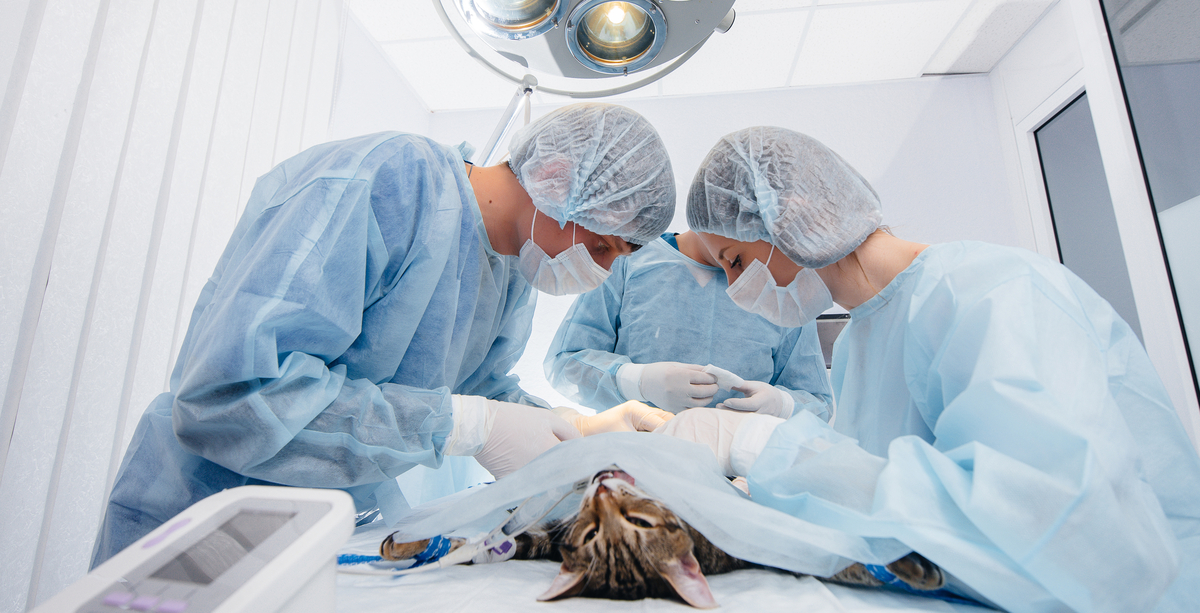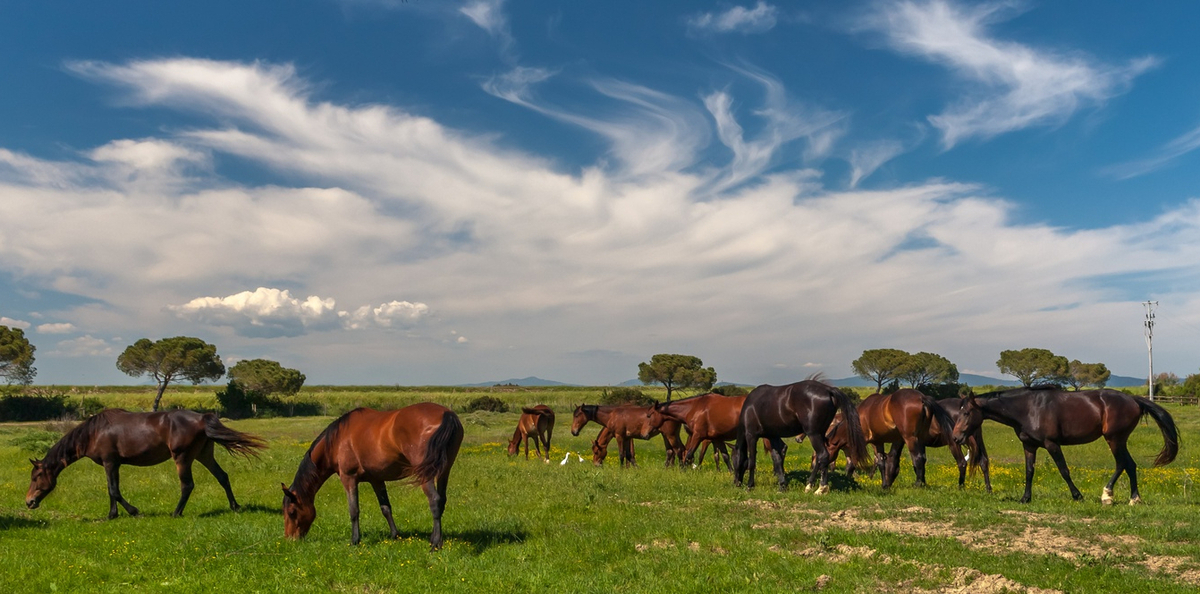
Wanting to advance further in our veterinary career may take some veterinarians to make an effort in order to specialise in one of the many fields of veterinary medicine and surgery. First of all, you will need to think about why you want to specialise, what advantages it will bring to you and what sacrifices you will have to make. Specialisation is not for everyone, although there are currently several stages of specialisation that any veterinarian can consider.
Ideally, specialisation is something any veterinarian should consider after a few years in general practice. Specialisation is something that can be achieved at any time of your long professional career, so there is no need to rush about it. In addition, from Veterinary Talent we don’t recommend to think about specialisation right after graduation. We recommend to spend a few years in general practice in order to have a better understanding and experience on the field you are working and decide whether a specialisation is right for you and in which area you should pursue your specialisation.
Also remember that a general practitioner is a highly demanded profile, either in small or in large animals. And becoming a good and experienced general practitioner opens new professional possibilities that may be of interest for you; forexample, working as a locum, which may allow more flexibility to do other tasks, such as travelling, spending more time in your country of origin, etc.
The motivations to specialize in a particular area of veterinary medicine are varied and personal. Among them, the satisfaction of being able to practice at a very high level in a field you truly enjoy stands out, benefiting both patients and the veterinary community as a whole. There is also an economic incentive, as specialists typically have higher salaries compared to their generalist colleagues.
However, it must be understood that this path towards specialization is not without challenges and sacrifices. It requires an investment of several years in education to acquire the necessary knowledge and skills. It's also important to highlight that the courses are expensive, and during internships and residencies, there is less income generated compared to working in general practice.
Diplomas, the highest level of specialisation
A specialist is a veterinarian who has demonstrated knowledge and experience to a high standard in a particular area of veterinary medicine. Depending on the accrediting body, a series of requirements are usually needed, which may include certain years of experience, having completed a residency, passing an exam, having a series of publications, presentation of some clinical cases, keeping a diary of the cases seen, having a mentor or have practiced in a veterinary practice with a variety of advanced equipment. Therefore, specialisation is based on active merits, not on passive merits such as taking a course or doing a master's degree. The courses (whether from private companies or universities) that are advertised as diplomas may lead to confusion, as under no circumstance can they be compared with a true diploma issued by recognised colleges, such as the European Board of Veterinary Specialists (EBVS) or the American Board of Veterinary Specialties (ABVS). For jobs in many universities, only EBVS or ABVS diplomates are recognised as specialists. Formerly, there was an equivalent specialisation in the United Kingdom, which was the Royal College of Veterinary Surgeons (RCVS) Diploma, but it was suspended on the grounds that it overlapped with European diplomas and that the latter should prevail.
In the United States there is also another well-known accrediting body, the American Board of Veterinary Practitioners (ABVP), but whose level is below the EBVS or ABVS diplomas. The ABVP is more of a specialisation for private practice, as it is not well recognised academically. Broadly speaking, it can be said that the level of specialisation provided by the ABVP is halfway between an EBVS/ABVS diploma and an RCVS certificate (currently re-named as RCVS Advanced Practitioner and which we will talk about later). Master's degrees and research PhD are also valid specialisation degrees, but they are academic and not clinical specialisations.

Surgery is one of the specialties that can be obtained both with the British RCVS Advanced Practitioner system and with the more advanced system of the European College of Veterinary Surgery.
RCVS Advanced Practitioner
In the UK there is an initial level of experience accreditation known as the RCVS Advanced Practitioner, which can be very useful for veterinarians who want to go a little further in a specific field of veterinary medicine. The RCVS Advanced Practitioner is a postgraduate training that certifies a level of knowledge and experience greater than that obtained by the end of your veterinary degree, and also certifies that this level is up to date. An RCVS Advanced Practitioner is not considered a specialist, does not appear on lists of specialists, and should refer cases to specialists when necessary. However, having the RCVS Advanced Practitioner title demonstrates that you possess advanced problem-solving skills, advanced and up-to-date knowledge in your area of expertise, advanced professional skills, and a commitment to continuing to improve your clinical work; it also demonstrates that there is an awareness of your own limitations in the area of expertise and that there is involvement with the community of otherspecialists/Advanced Practitioners/clinicians in the area of expertise.
The specialisation fields within this system are varied and can change over time, although there are currently around 32, including those specific to small animals (such as small animal cardiology, medicine or surgery), those specific to equids (such as equine dentistry, orthopaedics or internal medicine), those that apply to all species (anaesthesia, ophthalmology or diagnostic imaging) and then a series of more specific specialties of other animal groups (such as zoological medicine, pig medicine or fish health and production). The complete list of specialties and requirements can be found here.
In order to be initially accredited to start working towards this level of specialisation, it is necessary to be a veterinarian and to be registered with the RCVS, maintain a well-documented record of the training performed (CPD: continuing professional development) and be an active veterinarian in the field in which accreditation is being pursued (at least partially and for the previous 5 years). CPD requirements will be at least 250 hours over a 5-year period, of which at least half must be in the selected area of expertise.
In none of the specialisation systems will you be able to obtain the degree if you are not practicing in that area of knowledge. At the same time, if you stop practicing that specialty, you go into an inactive status (you don't necessarily lose the title you got, but you can't say that you are active in your specialty). It is also necessary to have a mentor (or several) who can prove the work done for at least 5 years.Â

Specialisations by the RCVS Advanced Practitioner program include Bovine Reproduction; CaGle Health and Production; Sheep Health and Production; Pig Medicine; Poultry Health and Production; and Fish Health and Production.
There are two ways to obtain this title and in both of them it is necessary to have the requirements mentioned above. The first way is by merit, with which the application is filled out, sent and a committee evaluates if the merits are sufficient to award the title of RCVS Advanced Practitioner straight away. The second one, which is the most commonly used, is through postgraduate courses (level 7) organised by some universities or accrediting institutes, mainly Improve International, the University of Nottingham and the University of Edinburgh, but also CPD Solutions, BSAVA, the University of Liverpool or the University of London. This postgraduate training (called the Professional Development Phase) involves taking exams, submitting a 2,500-word case description, and submitting 10 short cases (500-1,000 words). You must also have seen at least 100 cases (with primary involvement) per year in your chosen specialty.
Depending on the university or institute chosen, after completing the training a PgCert (Post-graduate Certificate), GPCert (General Practitioner Certificate) or CertAVP (Certificate in Advanced Veterinary Practice) degree is obtained. The name of this qualifications, together with the fact that the RCVS Advanced Practitioner was formerly called "Certificate", is the reason why veterinarians who obtain this type of intermediate specialisation are usually still called "certificate holders". After obtaining a PgCert, a GPCert or a CertAVP, an additional module in professional skills must be completed before applying for the title of RCVS Advanced Practitioner.
When the application meets the requirements, the RCVS grants the title for 5 years and it must be renewed every 5 years. The RCVS has a list on its website so that all clients (and any person) can find the Advanced Practitioners in their area or in a specific specialty. Unlike the old certificate granted by the RCVS, this new certification system has the disadvantage of a higher economic cost for the applicant, since postgraduate courses can cost several thousand pounds (in the order of £12,000). Veterinarians who want to embark on obtaining the RCVS Advanced Practitioner can negotiate with their employer to cover the expenses partially or totally, since in the end having accredited veterinarians or specialists reverts to an improvement for the clinic and most employers are interested in having certificate holders among their staff. In these cases, a "learning agreement" is usually made, where the employer pays you for all the training, but you must return the money if you leave the clinic at the end of the training, or you return 50% if youleave after a year, 25% if you leave after two years or nothing if you leave after three.


